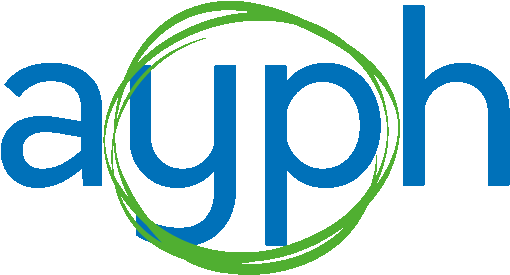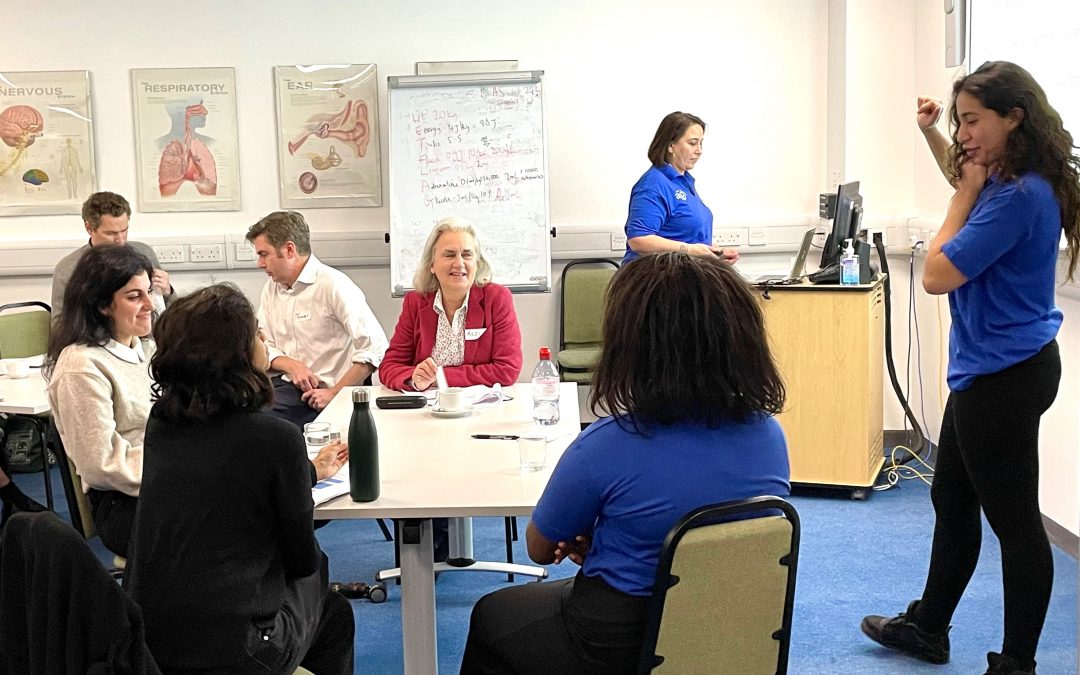Large numbers of healthcare professionals who come into contact with young people have never received any specific education or training about adolescence.
The International Association for Adolescent Health (IAAH) has recently published a policy statement to highlight the importance of educating healthcare professionals in adolescent health, with the aim of improving experiences and outcomes for this age group. AYPH Trustee Dick Churchill was part of the writing group, and explains here what some of the implications might be for the UK.Young people should have the right to be treated or looked after by healthcare providers who have the knowledge, skills and attitudes relevant to their needs. In 2022 the International Association for Adolescent Health (IAAH) published a policy statement on the education and training of healthcare professionals in adolescent health. The statement was prepared by the IAAH Education Committee and was extremely ambitious in scope in that it seeks to be relevant globally, across all regions and countries, irrespective of wealth or healthcare delivery system.
Whilst hopefully the aspiration is non-contentious, the method of achieving it will differ widely between regions and nations depending on how healthcare providers are trained and healthcare is delivered. For example, some countries have large numbers of adolescent health specialists, whilst in others, such as the UK, most healthcare is delivered by generalist primary care.
The statement provides a framework for identifying key responsibilities of differing parts of a healthcare system, ranging from policy makers and government down to individual healthcare providers. It also suggests that young people (and their parents / carers) can play a key role in advocating for improvements in service provision and ensuring adequate training of those looking after them.
The policy statement highlights the wide range of healthcare providers for whom it might be relevant, emphasising that this extends beyond those that conventionally deal with children and young people all of the time to those for whom it is only part of their role, including those who come into contact with young adults as well. In the UK medical arena this may, for example, include specialists in dermatology or gynaecology; whilst it also applies to other clinical professions such as pharmacists, nurses, and other non-medical healthcare workers.
A central aim of the policy statement is to encourage individual nations and regions to evaluate the education and training of their own healthcare providers. The implicit questions that it poses are very relevant to the UK setting:
- Which healthcare professionals are involved in looking after young people (including young adults) in the UK?
- To what extent is adolescent health included in the undergraduate curricula of these professional groups?
- What post-graduate training do these health professionals receive in adolescent health issues?
- Is the education and training of these healthcare professionals in adolescent health adequate and sufficient?
- How do these professions maintain and update their knowledge and skills in adolescent health?
- If there are gaps or inadequacies then how might these be addressed?
Read the World Health Organisation’s Competency Framework for Primary Care Providers
These questions are even more relevant with the expansion of different roles in the NHS, particularly in primary care, including clinical pharmacists, social prescribers, physician assistants and associates, and mental healthcare workers.
Whilst the policy statement does not define the minimum knowledge, skills and attitudes required by healthcare providers, it does recommend using the WHO Competency Framework for Primary Care Providers as an baseline benchmark.
The IAAH policy statement aims to provoke discussion, reflection and debate in the hope that it will stimulate improved standards for young people’s healthcare across the world. We certainly don’t want to be left behind in the UK!
Dick Churchill
AYPH Trustee and Chair of Advisory Council
Member of IAAH Education Committee

